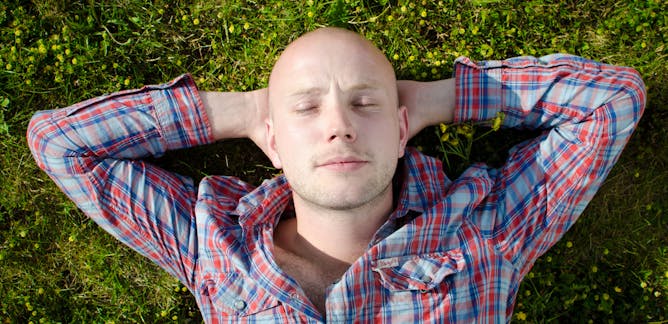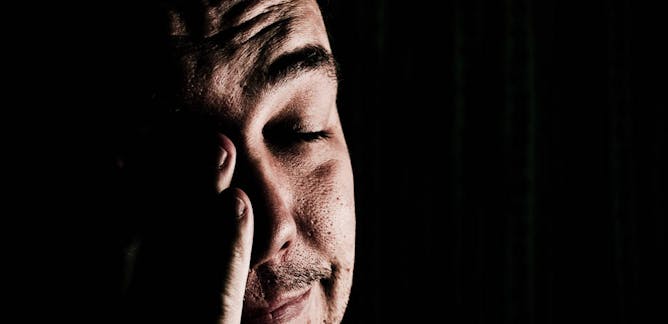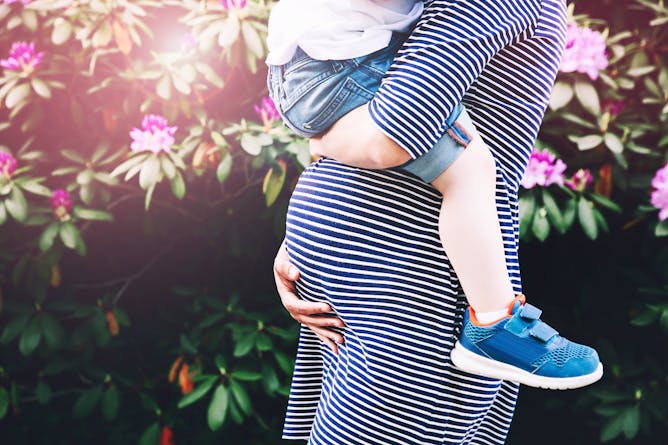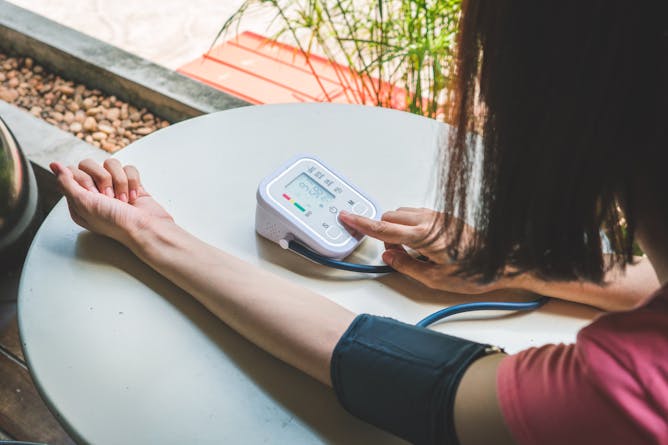|
|
|
Your weekly dose of evidence
|
|
Daytime naps have to be one of the best things about weekends. But I find it's hard to hit that sweet spot between power-napping and sleeping so long that you wake up feeling groggy or can't sleep as well that night. We asked five experts if it's OK to nap during the day; four said yes, as long as you keep them under 30 minutes, don't nap too late in the day, and consider whether you're getting enough sleep at night.
We'll be back in your inbox on May 4, after a short break.
|
Fron Jackson-Webb
Deputy Editor/Senior Health + Medicine Editor
|

|
|
|
|

It’s important to keep your daytime naps to ten to 30 minutes and no longer.
zohre nemati unsplash
Alexandra Hansen, The Conversation
We asked five experts if a daytime kip is OK. Four out of five said yes.
|
From the archives: napping
|

Nicole Lovato, Flinders University; Leon Lack, Flinders University
We’re told to have power naps to keep us safe on the road and improve our alertness if we’ve had insufficient sleep. They even help our surgeons stay awake during long shifts.
| |

Chin Moi Chow, University of Sydney
Can drinking a cup of coffee before taking a short nap really give you the energy you need to see you through the day?
|

Siobhan Banks, University of South Australia; Charlotte Gupta, University of South Australia; Stephanie Centofanti, University of South Australia
Taking a power nap on a night shift can leave you feeling groggy. And eating a large meal can reduce your alertness. So, what's a tired shift worker to do to make it through the night?
| |

Sally Ferguson, CQUniversity Australia
Do we control our body clocks or do those clocks, ticking imperceptibly, control us? It’s the kind of question that keeps sleep scientists awake at night. Rhythms are a good place to start.
|
|
|
Expert answers to serious, weird and wacky questions
|

Alexander Richard Braczkowski, The University of Queensland
Whiskers are not just ordinary hairs. They are thicker and go deeper into the tiger's skin and send messages to its brain about what is happening in the world around it.
| |

Estelle Trengove, University of the Witwatersrand
Why is thunder so loud? It's because the amount of electrical energy that flows from the cloud to the ground is so enormous.
|

Allison Gardner, Keele University
The first thing to know is that Siri is not a "who" – Siri is a "what".
| |

Chris Matthew, Australian Catholic University
December is named for the Roman word for "tenth". So, why is it the twelfth month?
|
|
|
Top picks from the week
|

New research shows dolphins have a large clitoris that is similar to the human organ.
from www.shutterstock.com
Andrew Pask, University of Melbourne; Deidre Mattiske, University of Melbourne
It was not until the late 1990s that the anatomy of the human clitoris was accurately described by Australia’s first female urologist. And now research in animals is starting to catch up.
|

We need a community conversation about balancing the trade-offs.
Natalia Deriabina/Shutterstock
Brett Montgomery, University of Western Australia
Australia's college of obstetricians has warned pregnant women against kissing their toddlers on the mouth or sharing food because of the risk of cytomegalovirus (CMV). But is this advice useful?
|

Early detection of disease can be a double-edged sword.
Shutterstock
Ray Moynihan, Bond University; Paul Glasziou, Bond University
The threshold for diagnosing common conditions such as high blood pressure, chronic kidney disease and gestational diabetes have all lowered in recent years. But for whose benefit?
|
|
|
| |
Featured jobs
|

|
Griffith University — Nathan, Queensland
|

|
La Trobe University — Bundoora, Victoria
|

|
University of Melbourne — Parkville, Victoria
|

|
RMIT University — Melbourne, Victoria
|
|
|
|
Featured events
|

|
Level 17 - 133 Castlereagh Street, Sydney, New South Wales, 2000, Australia — University of Sydney
|

|
Melbourne University, Melbourne, Victoria, 3006, Australia — University of Melbourne
|

|
Learning and Teaching building, 19 Ancora Imparo Way, Clayton campus, Monash University, Clayton, Victoria, 3800, Australia — Monash University
|

|
Deakin Downtown, Tower 2 Level 12, 727 Collins St, Melbourne, Victoria, 3008, Australia — Deakin University
|
|
|
|
| |
| |
| |
| |
| |
|
|
|
|
|
|
|